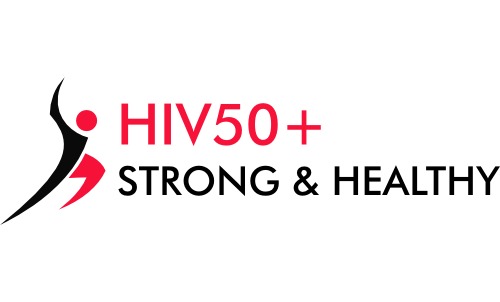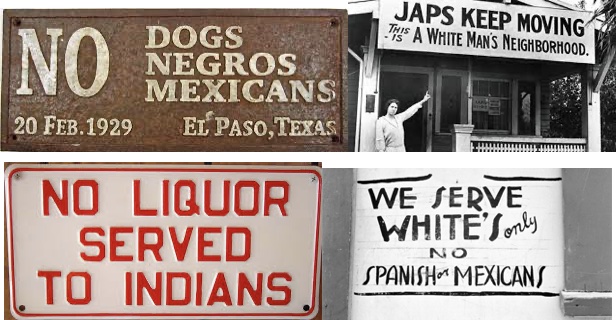June 29, 2023 – NMAC policy expert Toni Newman released the following statement condemning the Supreme Court’s ruling overturning affirmative action in higher education in the Students for Fair Admissions […]


June 29, 2023 – NMAC policy expert Toni Newman released the following statement condemning the Supreme Court’s ruling overturning affirmative action in higher education in the Students for Fair Admissions […]

The 2023 United States Conference on HIV/AIDS host hotel is sold out. The meeting had a record number of early bird registrations. Rooms are still available at overflow hotels; however, […]

Take Me Home is not only a 1979 disco hit by Cher, but also an important initiative to distribute one million free HIV self-tests over the next five years. Click […]

Each year, NMAC is proud to support several of our 50+ scholars as they implement projects in their local communities designed to impact older adults living with HIV. This year, […]

By the end of June, the Supreme Court will hand down decisions on two cases that could have profound impacts on our world. Happy Pride! After overturning Roe, we should […]

At 16 I realized feelings for my best friend were about to become a problem. I’m sharing my coming out story because there are too many working to define this […]

As medical advancements have made it possible for people living with HIV to lead long and healthy lives, a new issue has emerged: aging with HIV. With over half of […]

Happy Pride! Pride Celebrations across the country are facing real challenges concerning the safety and health of attendees. Not only are we concerned about HIV and a resurgence of MPox, […]

Dear Tennessee Colleagues, Friday is our last call. At the beginning of the year, none of us knew we were about to become best friends. While NMAC had concerns about […]

What are the lessons to be shared about the early days of the epidemic? By my 28th birthday, I attended and/or planned the funerals of so many friends that I […]